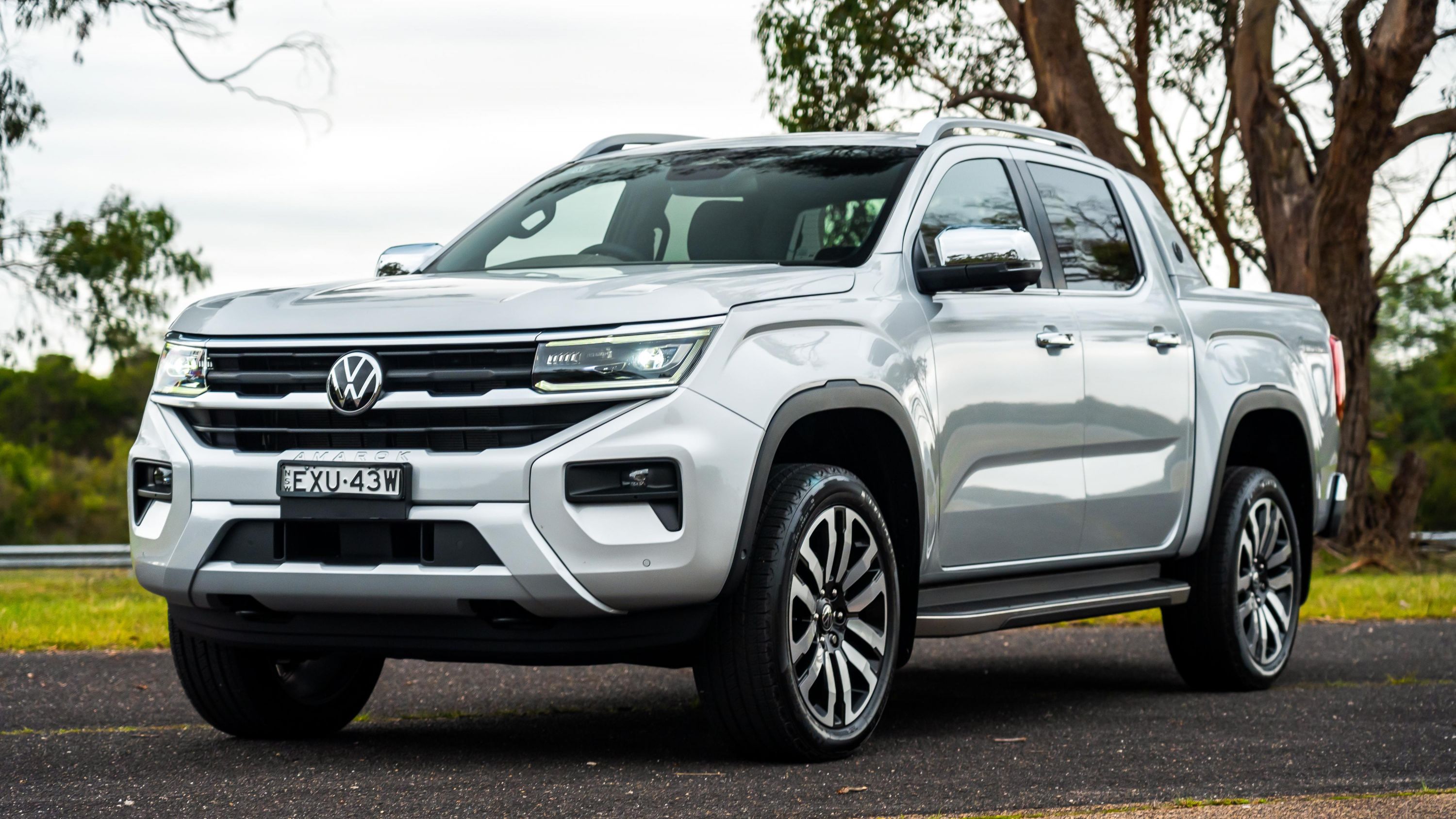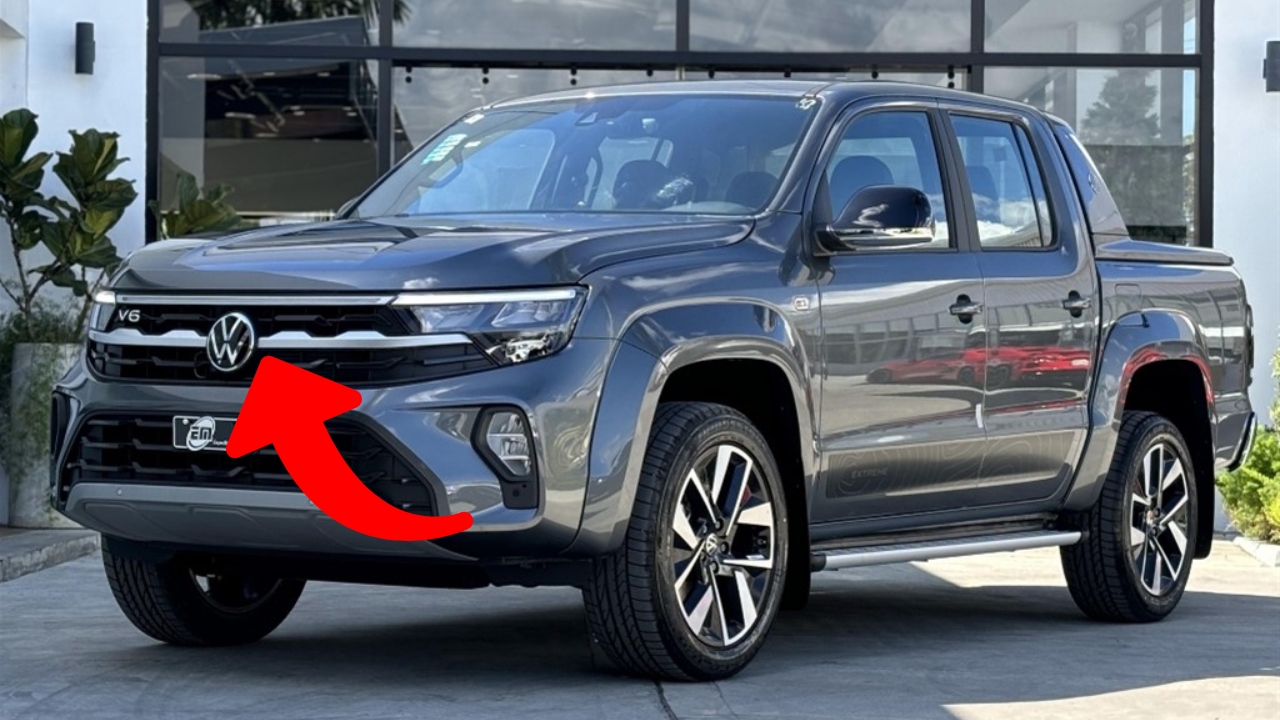The automotive world has been shaken by some sobering news from one of its biggest players. Volkswagen Group, Europe’s largest automaker, has revealed just how hard US trade policies have hit their bottom line, and the numbers are staggering.
The Numbers Tell a Tough Story
When Volkswagen released their first-half 2025 results, the impact was impossible to ignore. The German automotive giant took a massive €1.3 billion ($1.5 billion) hit directly from US import tariffs during the first six months of the year. To put that in perspective, that’s enough money to fund several major manufacturing plants or develop entirely new vehicle lines.
The company’s operating profit dropped by a substantial 33% to €6.7 billion compared to the same period last year. While Volkswagen still posted impressive overall numbers, the tariff impact clearly shows how international trade policies can ripple through global businesses in very real ways.

How Trade Tensions Are Reshaping the Auto Industry
North American Sales Take a Direct Hit
The most visible impact has been in North America, where Volkswagen’s sales plummeted by 16%. This wasn’t due to lack of demand or product quality issues – it was purely the result of US tariffs making their vehicles less competitive in the American market.
Current US import tariffs on automotive products stand at 27.5%, which essentially means that cars imported from Europe cost significantly more than they would under normal trade conditions. For families looking to buy a new Volkswagen, Audi, or Porsche, this translates to higher prices at the dealership.
A Global Company Feeling Local Pain
What makes this situation particularly challenging for Volkswagen is that they’re already deeply invested in American operations. The company operates a major manufacturing facility in Chattanooga, Tennessee, and employs tens of thousands of Americans through their various brands and operations.
Arno Antlitz, Volkswagen’s Chief Financial Officer, emphasized this point by saying the company already feels “like an American company” given their substantial US presence. Yet despite this local investment, the tariff structure still treats many of their vehicles as foreign imports.
Strategic Adjustments and Future Outlook
Revised Financial Projections
The tariff impact has forced Volkswagen to revise their 2025 outlook significantly. The company now expects their operating return on sales to be between 4.0% and 5.0%, down from earlier projections of 5.5% to 6.5%.
Sales revenue is expected to remain flat compared to 2024, rather than the previously anticipated growth of up to 5%. These adjustments reflect not just the immediate tariff costs, but also the ongoing uncertainty about future trade policies.
Best and Worst Case Scenarios
Volkswagen has outlined two potential scenarios for the second half of 2025:
Best Case: US tariffs are reduced to 10%, which would significantly ease the pressure on their operations and pricing.
Worst Case: Current tariff levels of 27.5% continue unchanged, meaning continued financial strain and reduced competitiveness in the American market.
The company has noted there’s “high uncertainty about further developments with regard to the tariffs, their impact and any reciprocal effects.”
Regional Performance Variations
| Region | Sales Performance H1 2025 |
|---|---|
| North America | -16% (primarily due to tariffs) |
| Western Europe | +2% growth |
| South America | +19% growth |
| China | -3% decline |
| Central/Eastern Europe | +5% growth |
Electric Vehicle Success Amid Challenges
Growing EV Market Share
Despite the tariff challenges, Volkswagen has seen remarkable success in electric vehicles. Their global share of battery electric vehicle deliveries jumped from 6% to 10% year-over-year. In Western Europe specifically, their EV market share nearly doubled from 9% to 19%.
This growth in electric vehicles represents a bright spot for the company, showing that consumer interest in their EV offerings remains strong even as trade tensions create headwinds.
Innovation and Investment Continue
Volkswagen hasn’t let the tariff situation derail their long-term strategy. The company continues investing heavily in electrification, digitalization, and software development. CEO Oliver Blume has indicated they’re hoping that future investment commitments in the US could help negotiate better tariff terms.
Broader Industry Impact
Not Just a Volkswagen Problem
Volkswagen isn’t facing these challenges alone. Other major automakers have reported similar tariff-related losses. General Motors reported $1.1 billion in tariff-related losses over three months, while Stellantis (maker of Jeep) expects $2.7 billion in losses for the first half of 2025.
This pattern shows how US tariffs are affecting the entire global automotive industry, not just European manufacturers.
Supply Chain Complexity
The automotive industry’s highly globalized supply chains make tariff impacts particularly complex. Modern vehicles contain thousands of components sourced from dozens of countries, meaning tariffs can affect costs even for vehicles assembled domestically.
What This Means for Consumers
Pricing Pressures
While automakers have absorbed much of the tariff costs, some price increases have been inevitable. However, Volkswagen and other manufacturers have tried to minimize direct price hikes to consumers, instead focusing on efficiency improvements and cost reductions elsewhere.
Model Availability and Features
The tariff situation may influence which models Volkswagen chooses to import versus manufacture locally. The company might prioritize higher-margin vehicles for import while considering local production for volume models.
Looking Ahead: Adaptation and Resilience
Strategic Flexibility
Volkswagen’s response to the tariff challenge demonstrates the kind of strategic flexibility modern global companies need. By maintaining strong operations in multiple regions and continuing to invest in future technologies, they’re positioning themselves to weather current trade tensions.
Diplomatic and Business Solutions
The company is actively working on multiple fronts to address these challenges. This includes potential negotiations around future tariff levels, continued investment in US operations, and strategic partnerships that could help reduce trade-related costs.
Frequently Asked Questions
Q: How much did US tariffs cost Volkswagen in 2025?
A: Volkswagen lost €1.3 billion ($1.5 billion) specifically from US tariffs in the first half of 2025.
Q: Are Volkswagen cars more expensive because of tariffs?
A: While Volkswagen has tried to minimize direct price increases, US tariffs of 27.5% do create pricing pressures that can affect retail costs.
Q: Does Volkswagen manufacture cars in America?
A: Yes, Volkswagen operates a major manufacturing facility in Chattanooga, Tennessee, and employs tens of thousands of Americans across their operations.
Hyundai Ioniq 2 compact EV spotted during testing, hinting at upcoming launch plans
